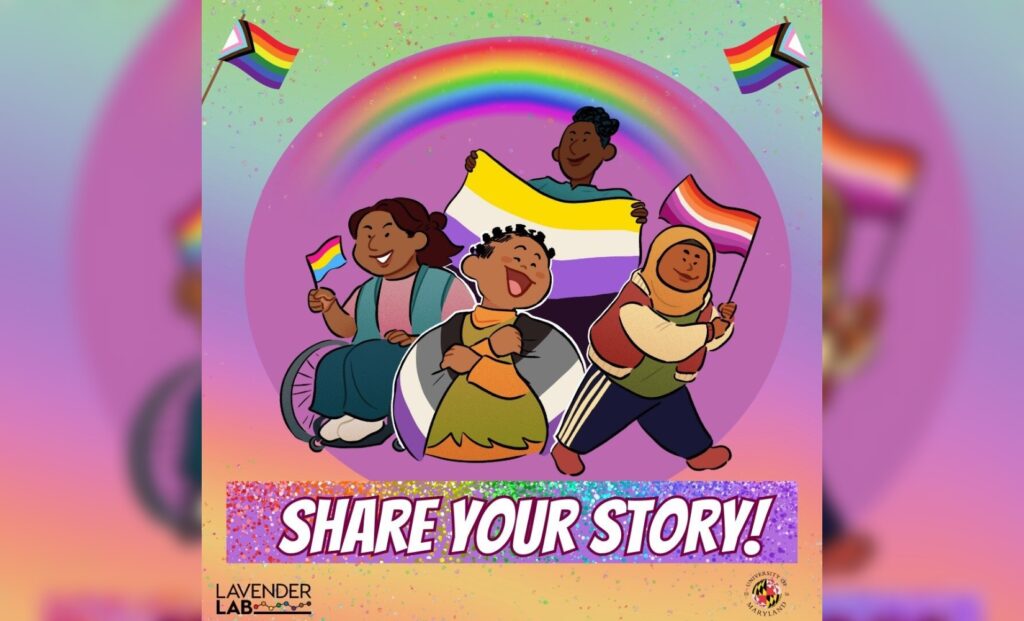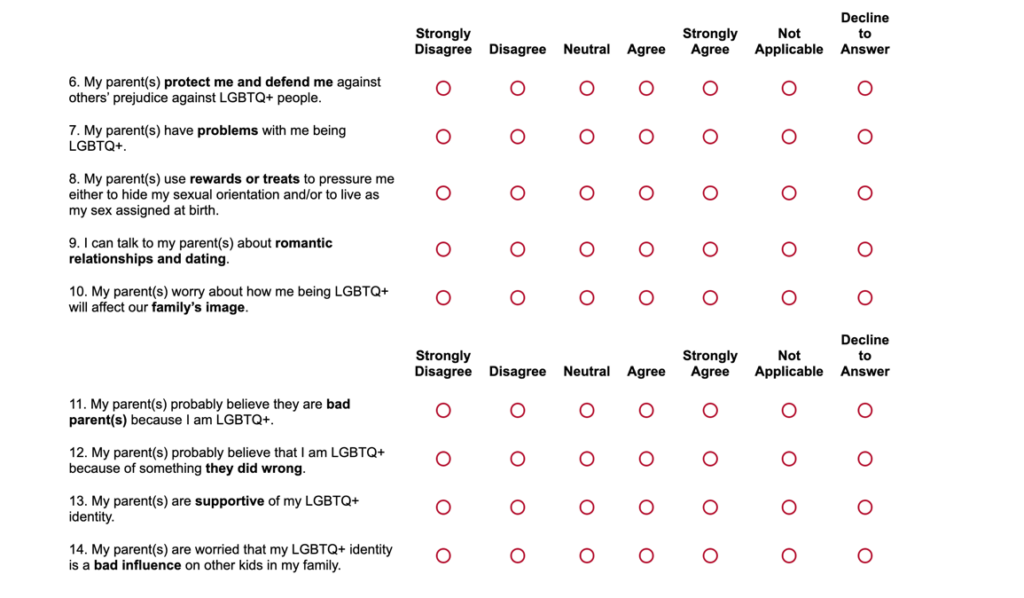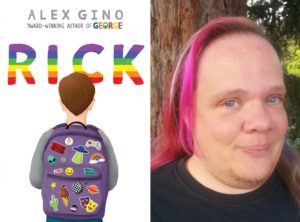A study conducted by a University of Maryland lab targets minors behind parents’ backs
A federally funded psychology research lab at the University of Maryland, College Park is bribing minors to participate in an intrusive survey without parental consent.
“Are you between the…

A federally funded psychology research lab at the University of Maryland, College Park is bribing minors to participate in an intrusive survey without parental consent.
“Are you between the ages of 13-17 years old?” the Lavender Lab website states in bold letters. “Do you identify as LGBTQ+ and a Person of Color (POC)?”
“Eligible teens will receive a $15 gift card!” it promises.
The purpose of the online survey, detailed on the lab’s website, is to study the supposed impact of racism and anti-LGBTQ+ experiences on the mental health and substance use of LGBTQ teens belonging to racial or ethnic minorities.
To qualify for the online survey, participants must fill out an eligibility form and meet the following criteria:
- 13-17 years old;
- Have tried alcohol or other substances in your lifetime;
- Identify as a member of the LGBTQ+ community and a racial/ethnic minority or person of color (POC).
The eligibility form includes the following questions:
- Which of the following terms best describes your current gender identity?
- How would you describe your sexual identity?
- People are different in their sexual attraction to other people. Who are you sexually attracted to?
- Have you ever drank or used alcohol in your lifetime?
- In the past year, on how many days did you have at least one drink of alcohol?
- Do any of your friend’s drink alcohol?
Participants are prompted to provide contact information, including email addresses, phone numbers, and social media usernames, with a disclaimer about potential privacy risks.
“Since we will be collecting your contact information, one possible risk is the loss of privacy,” the survey states.
The eligibility form does not mention any need for parental consent or parental involvement, but promises that if parents ask, they will explain it is a study of “BIPOC teens,” notably leaving out any mention of gender or sexuality.
“Your parents/guardians may be monitoring your phone or computer use, and/or they might ask us questions about the purpose of this study, and we will have to explain to them the overall purpose of this study,” the survey states. “If asked, we will inform them that the study is a broad study of daily stress and health of BIPOC teens.”
Eligible participants are also promised a $15 online gift card for completing the survey, which should take 35-45 minutes.
Questions in the survey include:
- Are you currently dating or seeing others romantically?
- During the past 12 months, how many times did someone you were dating or going out with physically hurt you on purpose?
- Has anyone ever forced you to do sexual things that you did not want to do?
- What is the gender identity of your primary partner/person you are seeing?
- How old were you when you had consensual sexual intercourse for the first time.
- During your life, with whom have you had sexual contact?
- How old were you the first time you got drunk – that is, your speech was slurred or you were unsteady on your feet?
The survey continues with racial questions, asking, for example, if the survey taker believes white people are afforded more opportunities or have an easier life.
Another question asks how often the survey taker is “seen as a sex object by other LGBTQ+ people” because of race.
The survey also asks about parental support, giving statement with possible responses ranging from strongly disagree to strongly agree, including:
- I was “outed” by someone other than my family without my permission.
- A family member asked me if I was gay or lesbian before I wanted to talk about it.

At the end of the survey, eligible participants are invited to join a 2.5-year-long study, with potential earnings of up to $360 in gift cards.
Lavender Lab is funded by a grant from the National Institutes of Health and is directed by Ethan Mereish, an associate professor at the University of Maryland. Other university administrators and students are involved in the study.



